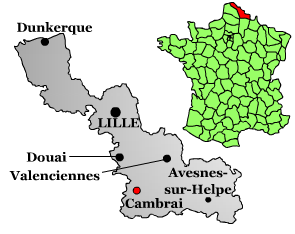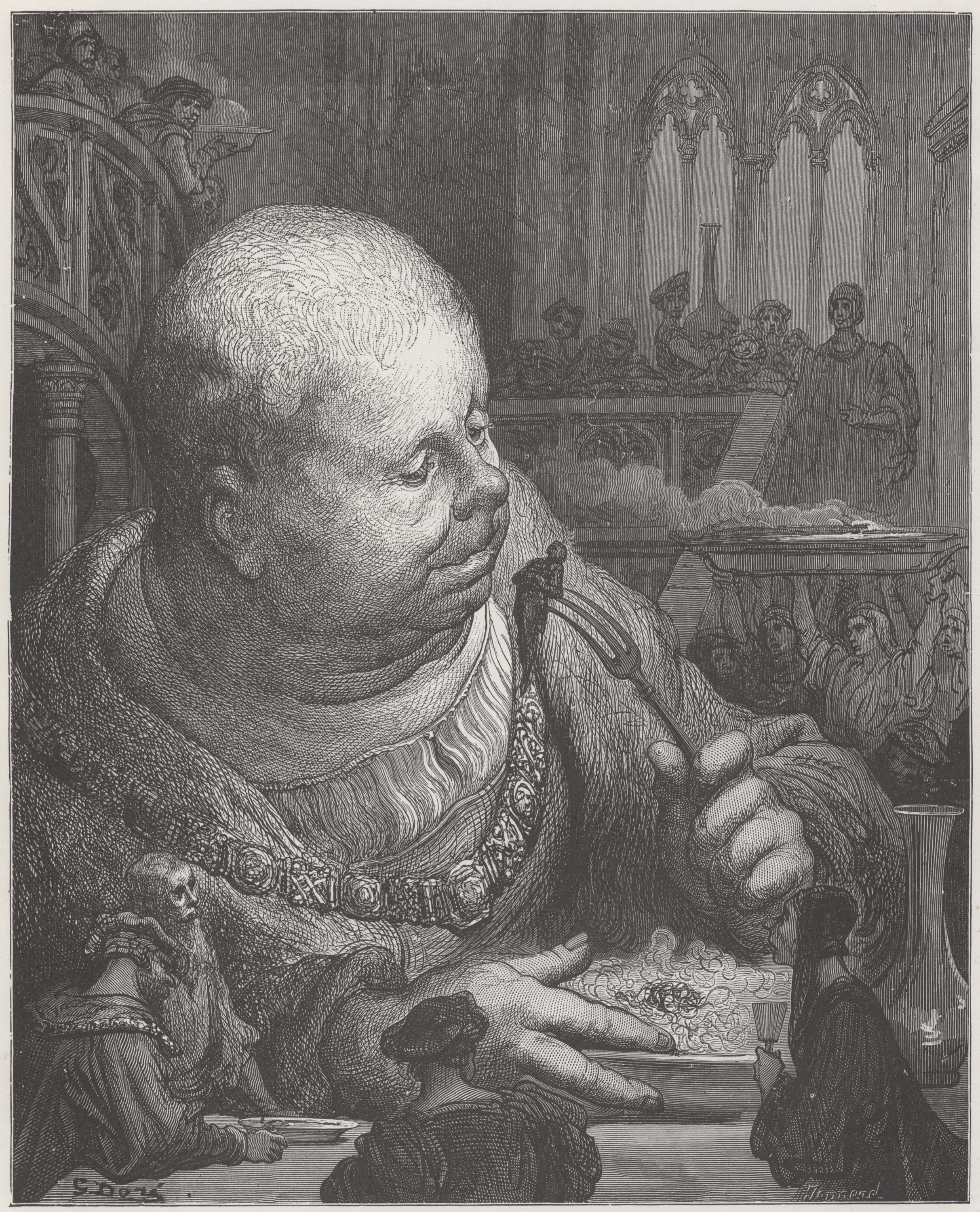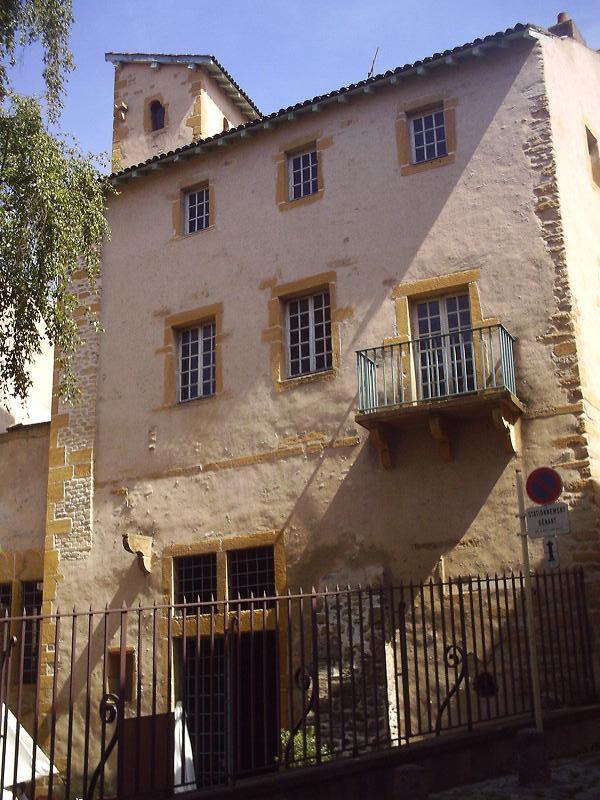|
Pierre Passereau
Pierre Passereau (''fl.'' 1509–1547) was a French composer of the Renaissance. Along with Clément Janequin, he was one of the most popular composers of "Parisian" chansons in France in the 1530s. His output consisted almost exclusively of chansons; most of them were published by printer Pierre Attaingnant. Most of them were "rustic" in character, similar to patter songs, using onomatopoeia, ''double entendres'', and frequent obscenity, a common feature of popular music in France and the Low Countries in the 1530s.Cazeaux, Grove online Life Some details of Passereau's life have been compiled by scholars, including pioneering 19th-century musicologist François-Joseph Fétis in his enormous ''Biographie universelle des musiciens'' (1834). Passereau first appears in the historical record as a tenor singer in the chapel of the Count of Angoulême (who was later to become King Francis I); therefore he was already an adult, and born before about 1495. He had some association with ... [...More Info...] [...Related Items...] OR: [Wikipedia] [Google] [Baidu] |
Renaissance Music
Renaissance music is traditionally understood to cover European music of the 15th and 16th centuries, later than the Renaissance era as it is understood in other disciplines. Rather than starting from the early 14th-century '' ars nova'', the Trecento music was treated by musicology as a coda to Medieval music and the new era dated from the rise of triadic harmony and the spread of the ' ''contenance angloise'' ' style from Britain to the Burgundian School. A convenient watershed for its end is the adoption of basso continuo at the beginning of the Baroque period. The period may be roughly subdivided, with an early period corresponding to the career of Guillaume Du Fay (c. 1397–1474) and the cultivation of cantilena style, a middle dominated by Franco-Flemish School and the four-part textures favored by Johannes Ockeghem (1410's or 20's – 1497) and Josquin des Prez (late 1450's – 1521), and culminating during the Counter-Reformation in the florid counterpoint of Palest ... [...More Info...] [...Related Items...] OR: [Wikipedia] [Google] [Baidu] |
Cambrai
Cambrai (, ; pcd, Kimbré; nl, Kamerijk), formerly Cambray and historically in English Camerick or Camericke, is a city in the Nord (French department), Nord Departments of France, department and in the Hauts-de-France Regions of France, region of France on the Scheldt river, which is known locally as the Escaut river. A Subprefectures in France, sub-prefecture of the department, Cambrai is a town which had 32,501 inhabitants in 2018. It is in the heart of the urban unit of Cambrai with 46,772 inhabitants. Its functional area (France), functional area, a more extensive range, included 94,576 inhabitants in 2018.Comparateur de territoire: Aire d'attraction des villes 2020 de Cambra ... [...More Info...] [...Related Items...] OR: [Wikipedia] [Google] [Baidu] |
French Male Classical Composers
French (french: français(e), link=no) may refer to: * Something of, from, or related to France ** French language, which originated in France, and its various dialects and accents ** French people, a nation and ethnic group identified with France ** French cuisine, cooking traditions and practices Fortnite French places Arts and media * The French (band), a British rock band * "French" (episode), a live-action episode of ''The Super Mario Bros. Super Show!'' * ''Française'' (film), 2008 * French Stewart (born 1964), American actor Other uses * French (surname), a surname (including a list of people with the name) * French (tunic), a particular type of military jacket or tunic used in the Russian Empire and Soviet Union * French's, an American brand of mustard condiment * French catheter scale, a unit of measurement of diameter * French Defence, a chess opening * French kiss, a type of kiss involving the tongue See also * France (other) * Franch, a surname * French ... [...More Info...] [...Related Items...] OR: [Wikipedia] [Google] [Baidu] |
French Classical Composers
French (french: français(e), link=no) may refer to: * Something of, from, or related to France ** French language, which originated in France, and its various dialects and accents ** French people, a nation and ethnic group identified with France ** French cuisine, cooking traditions and practices Fortnite French places Arts and media * The French (band), a British rock band * "French" (episode), a live-action episode of ''The Super Mario Bros. Super Show!'' * ''Française'' (film), 2008 * French Stewart (born 1964), American actor Other uses * French (surname), a surname (including a list of people with the name) * French (tunic), a particular type of military jacket or tunic used in the Russian Empire and Soviet Union * French's, an American brand of mustard condiment * French catheter scale, a unit of measurement of diameter * French Defence, a chess opening * French kiss, a type of kiss involving the tongue See also * France (other) * Franch, a surname * Frenc ... [...More Info...] [...Related Items...] OR: [Wikipedia] [Google] [Baidu] |
16th-century Deaths
The 16th century begins with the Julian year 1501 ( MDI) and ends with either the Julian or the Gregorian year 1600 ( MDC) (depending on the reckoning used; the Gregorian calendar introduced a lapse of 10 days in October 1582). The 16th century is regarded by historians as the century which saw the rise of Western civilization and the Islamic gunpowder empires. The Renaissance in Italy and Europe saw the emergence of important artists, authors and scientists, and led to the foundation of important subjects which include accounting and political science. Copernicus proposed the heliocentric universe, which was met with strong resistance, and Tycho Brahe refuted the theory of celestial spheres through observational measurement of the 1572 appearance of a Milky Way supernova. These events directly challenged the long-held notion of an immutable universe supported by Ptolemy and Aristotle, and led to major revolutions in astronomy and science. Galileo Galilei became a champion ... [...More Info...] [...Related Items...] OR: [Wikipedia] [Google] [Baidu] |
15th-century Births
The 15th century was the century which spans the Julian dates from 1 January 1401 ( MCDI) to 31 December 1500 ( MD). In Europe, the 15th century includes parts of the Late Middle Ages, the Early Renaissance, and the early modern period. Many technological, social and cultural developments of the 15th century can in retrospect be seen as heralding the "European miracle" of the following centuries. The architectural perspective, and the modern fields which are known today as banking and accounting were founded in Italy. The Hundred Years' War ended with a decisive French victory over the English in the Battle of Castillon. Financial troubles in England following the conflict resulted in the Wars of the Roses, a series of dynastic wars for the throne of England. The conflicts ended with the defeat of Richard III by Henry VII at the Battle of Bosworth Field, establishing the Tudor dynasty in the later part of the century. Constantinople, known as the capital of the wo ... [...More Info...] [...Related Items...] OR: [Wikipedia] [Google] [Baidu] |
Gargantua And Pantagruel
''The Life of Gargantua and of Pantagruel'' (french: La vie de Gargantua et de Pantagruel) is a pentalogy of novels written in the 16th century by François Rabelais, telling the adventures of two giants, Gargantua ( , ) and his son Pantagruel ( , ). The work is written in an amusing, extravagant, and satirical vein, features much erudition, vulgarity, and wordplay, and is regularly compared with the works of William Shakespeare and James Joyce. Rabelais was a polyglot, and the work introduced "a great number of new and difficult words ..into the French language". The work was stigmatised as obscene by the censors of the Collège de la Sorbonne, and, within a social climate of increasing religious oppression in a lead up to the French Wars of Religion, it was treated with suspicion, and contemporaries avoided mentioning it.Le Cadet, Nicolas (2009) Marcel De Grève, La réception de Rabelais en Europe du XVIe au XVIIIe siècle', Cahiers de recherches médiévales et humanistes ... [...More Info...] [...Related Items...] OR: [Wikipedia] [Google] [Baidu] |
François Rabelais
François Rabelais ( , , ; born between 1483 and 1494; died 1553) was a French Renaissance writer, physician, Renaissance humanist, monk and Greek scholar. He is primarily known as a writer of satire, of the grotesque, and of bawdy jokes and songs. Ecclesiastical yet anticlerical, Christian yet considered by some as a free thinker, a doctor yet having the image of a '' bon vivant'', the multiple facets of his personality sometimes seem contradictory. Caught up in the religious and political turmoil of the Reformation, Rabelais showed himself to be both sensitive and critical towards the great questions of his time. Subsequently, the views of his life and work have evolved according to the times and currents of thought. An admirer of Erasmus, through parody and satire Rabelais fought for tolerance, peace, an evangelical faith, and a return to the knowledge of ancient Greco-Romans to dispel the "Gothic darkness" that characterized the Middle Ages. He took up the theses of P ... [...More Info...] [...Related Items...] OR: [Wikipedia] [Google] [Baidu] |
Frottola
The frottola (; plural frottole) was the predominant type of Italian popular secular song of the late fifteenth and early sixteenth century. It was the most important and widespread predecessor to the madrigal. The peak of activity in composition of frottole was the period from 1470 to 1530, after which time the form was replaced by the madrigal. While "frottola" is a generic term, several subcategories can be recognized, as would be expected of a musical form which was used for approximately a hundred years, maintaining immense popularity for more than half of that time. Most typically, a frottola is a composition for three or four voices (more towards the end of the period), with the uppermost voice containing the melody: instrumental accompaniments may have been used. The poem usually has a rhyme scheme of ''abba'' for a ''ripresa'' (reprise), and a stanza of ''cdcdda'' or ''cdcddeea'', though there is much variation between subtypes of frottola. Most likely the poetic form ... [...More Info...] [...Related Items...] OR: [Wikipedia] [Google] [Baidu] |
Office Of The Dead
The Office of the Dead or Office for the Dead (in Latin, Officium Defunctorum) is a prayer cycle of the Canonical Hours in the Catholic Church, Anglican Church and Lutheran Church, said for the repose of the soul of a decedent. It is the proper reading on All Souls' Day (normally November 2) for all souls in Purgatory, and can be a votive office on other days when said for a particular decedent. The work is composed of different psalms, scripture, prayers and other parts, divided into The Office of Readings, Lauds, Daytime Prayer, Vespers and Compline. In the mass of Paul VI The current office, according to the 2000 ''Liturgia Horarum'' (Liturgy of the Hours) ''editio typica altera'' (second typical edition) includes the normal cycle of a typical ferial office, namely an Office of Readings (Matins), Morning Prayer (Lauds), Daytime Prayer (Midmorning Prayer (Terce), Midday Prayer (Sext), or Midafternoon Prayer (None)), and Evening Prayer (Vespers). The final hour, Night Praye ... [...More Info...] [...Related Items...] OR: [Wikipedia] [Google] [Baidu] |
Paris
Paris () is the capital and most populous city of France, with an estimated population of 2,165,423 residents in 2019 in an area of more than 105 km² (41 sq mi), making it the 30th most densely populated city in the world in 2020. Since the 17th century, Paris has been one of the world's major centres of finance, diplomacy, commerce, fashion, gastronomy, and science. For its leading role in the arts and sciences, as well as its very early system of street lighting, in the 19th century it became known as "the City of Light". Like London, prior to the Second World War, it was also sometimes called the capital of the world. The City of Paris is the centre of the Île-de-France region, or Paris Region, with an estimated population of 12,262,544 in 2019, or about 19% of the population of France, making the region France's primate city. The Paris Region had a GDP of €739 billion ($743 billion) in 2019, which is the highest in Europe. According to the Economist Intelli ... [...More Info...] [...Related Items...] OR: [Wikipedia] [Google] [Baidu] |
Saint Jacques-de-la-Boucherie
In religious belief, a saint is a person who is recognized as having an exceptional degree of holiness, likeness, or closeness to God. However, the use of the term ''saint'' depends on the context and denomination. In Catholic, Eastern Orthodox, Anglican, Oriental Orthodox, and Lutheran doctrine, all of their faithful deceased in Heaven are considered to be saints, but some are considered worthy of greater honor or emulation. Official ecclesiastical recognition, and consequently a public cult of veneration, is conferred on some denominational saints through the process of canonization in the Catholic Church or glorification in the Eastern Orthodox Church after their approval. While the English word ''saint'' originated in Christianity, historians of religion tend to use the appellation "in a more general way to refer to the state of special holiness that many religions attribute to certain people", referring to the Jewish tzadik, the Islamic walī, the Hindu rishi o ... [...More Info...] [...Related Items...] OR: [Wikipedia] [Google] [Baidu] |









